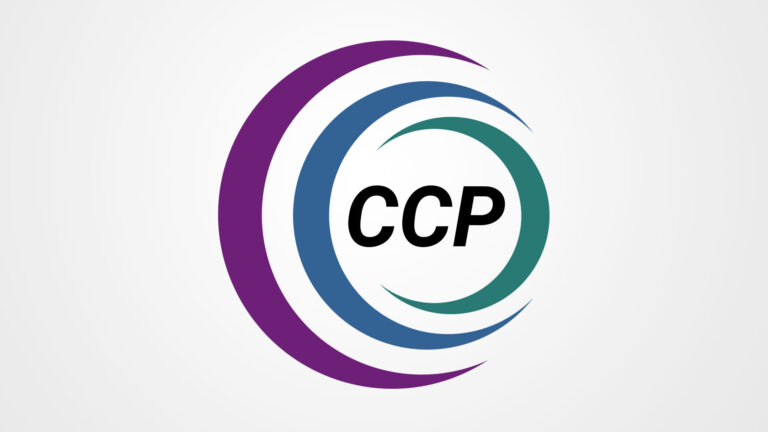
A recent Hearing Tribunal issued its written decision on the merit and orders regarding the conduct of a pharmacist who was a pharmacy’s owner, proprietor, and licensee during the period of the alleged unprofessional conduct. Central to the allegations considered were concerns raised by a third-party insurer about prescription documentation and other claim-supporting records submitted by the pharmacy. Many of these documents and records were later determined to have been fabricated by the pharmacist for the purposes of the third-party insurer audit.
The Hearing Tribunal found that the pharmacist submitted fabricated records to the third-party insurer, in part, as the records requested by the third-party insurer could not be located by the pharmacist as he had not properly stored and maintained his pharmacy’s records. In doing so, the Hearing Tribunal found the pharmacist’s conduct was unprofessional and as a licensee he had engaged in misconduct. The Hearing Tribunal found that his actions had harmed the integrity of the profession and warranted serious sanctions.
The Tribunal also noted that the pharmacist was remorseful and accepted responsibility for his conduct, had no previous findings of unprofessional conduct, fully cooperated with the investigation, and made full restitution to the third-party insurer ($6,086.38).
In this matter, the Tribunal imposed significant penalties, even though the pharmacist admitted his responsibility for all the allegations and acknowledged that he failed to exercise the professional and ethical conduct expected and required of an Alberta pharmacist and licensee. The tribunal ordered
- a suspension for a period of three months, with one month to be served and the other two months held in abeyance for two years and then retired should there not be any further complaints or findings of unprofessional conduct;
- a fine of $10,000;
- the pharmacist not to be an owner, proprietor, or licensee of a pharmacy for a period of two years [Note this order required the pharmacist to sell his four pharmacies];
- a payment of $15,000 towards the costs of the investigation and hearing; and
- the pharmacist to provide a copy of the written decision to the licensee of any pharmacy where he works as a pharmacist for three years.
Rationale for the decision is reflected in its following statements from the Tribunal’s June 11, 2020, decision:
The public has the right to expect that pharmacy documentation will be authentic and accurate and pharmacists who falsify documentation jeopardize public trust and paint the profession in a poor light.
In general, the Hearing Tribunal discussed the responsibility of a Licensee to establish and operationalize policy within a pharmacy and to direct others. This is a foundational expectation that the public has of a licensee.
Licensees – incorporate these lessons into your practice
- Review the Pharmacy and Drug Act, the Pharmacy and Drug Regulation and the Standards for the Operation of Licensed Pharmacies with regard to your responsibilities when operating a pharmacy.
- Review and discuss your obligations and the professional requirements of the pharmacy with your pharmacy’s owner and pharmacy staff to ensure that the pharmacy has the resources needed to meet these obligations.
- Don’t assume or “cut corners”, especially when creating patient records or submitting claims to third-party insurers. When in doubt, ask and confirm.
- Review and consider your ethical responsibilities outlined in Principles 1 and 10 of the Code of Ethics. Always approach your, and your pharmacy’s, contractual obligations with honesty and integrity.
- Ensure that all required pharmacy records are maintained in an authorized location and can be retrieved in an efficient, systematic manner.
- Consider completing both Part A and Part B of ACP’s Licensee Education Program to develop a better understanding of your responsibilities as a licensee.




